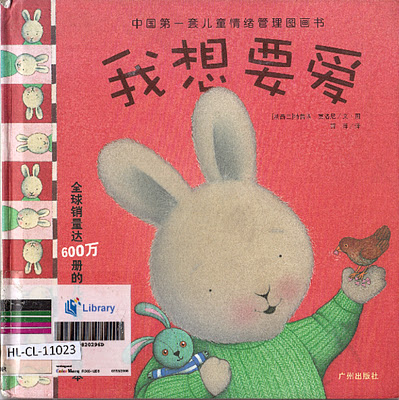Loving and being loved
After all these years, I realised that the key difference between loving and being loved is this : control. When you are the one loving, you can choose to continue or to stop. If you are the one being loved, you have no choice as to whether you are loved or not – it depends on the one loving, and not you.
Part of a role of a parent, I believe, is to bring our child from the position of “being loved” to “loving”, because that is a sign of maturity.
When children are young, they are fed and dressed, and their needs, including the need to be loved, are met by others. When they grow, they have to learn to take care of their own needs, including their need to be loved.
The desire for love is so great in humans, that people go through great lengths to gain it. However, the painful part is that love is something which you will never receive by demanding, or even through your own hard work.
It must be given to you, freely.
The boys are very affectionate. They often tell me that they love me. However, I noticed that the times when they say that they love me, coincide with the times when I give them certain privileges or I help them resolve a situation. What they feel, I think, is gratitude – a sense of being loved, which makes them react with loving feelings towards me (since I was, at that moment, the source of their happiness).
As parents, we will always love our children unconditionally – whether they really love us or not. However, our children do not live just in our world, and they will need more than our love. We must help them to find love, and the best way is to teach them to love others.
I have found that showering them with love (meeting all their needs and wants, and considering their welfare all the time) is not enough to teach them to love. To teach them to love actually involves us doing unloving things to them – demanding that they share their ice-cream and sweets with us, demanding that they share their seat with us, demanding that they consider our needs more than theirs.
Strangely, my children have never complained about feeling unloved by us despite all these. They understand and accept, instinctively, that they need to share, that they need to love us back, through actions, the way in which we love them.
All children are teachable, and we must teach and train them so that they are lovable. Our love alone is not enough.


